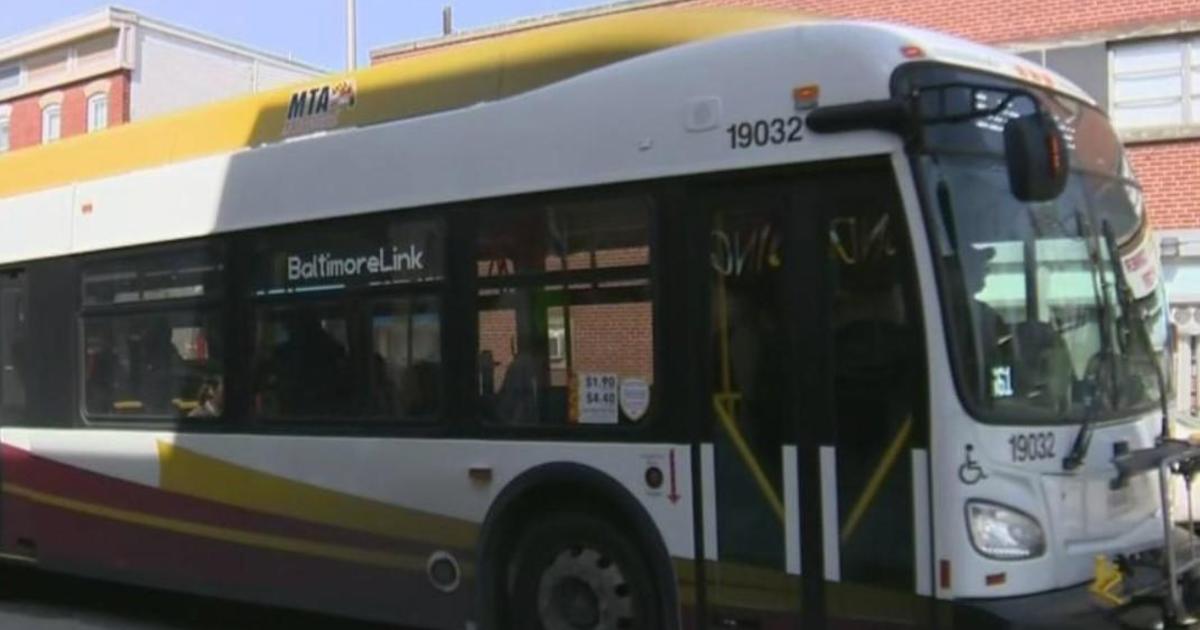Panel Suggests Making It Tougher To Get Pensions
ANNAPOLIS, Md. (AP) -- State employees in Maryland would work years longer before becoming eligible for pensions or retiree health care benefits under a state commission's cost-saving recommendations that drew immediate criticism Monday from a labor group.
The Public Employees' & Retirees' Benefit Sustainability Commission voted Monday to require 15 years of service, instead of the current five, before state workers are eligible to participate in the retiree health care program. Those employees would also have to spend 25 years working for the state, instead of 16 years, to
receive the maximum retiree health care premium subsidy from the state and log double the number of years -- 10 instead of five -- to become vested in the state employee pension plan.
In addition, the panel says cost-of-living adjustments for future retirees should be contingent upon investment returns for the pension trust fund meeting or exceeding the actuarial target. Labor leaders criticized the panel's recommendations, calling them "particularly disconcerting" for one of the richest states in the country and predicting it would harm Maryland's ability to recruit and retain state workers.
"You're expecting everyone to pay a lot more and at the end of the day receive a lot less -- in particular retirees who are already stretched," said Patrick Moran, director of the Maryland chapter of the American Federation of State, County and Municipal Employees union, which represents many state workers.
Commission members are expected to present their recommendations to Gov. Martin O'Malley and state lawmakers next month, but the commission itself does not have the authority to enact any changes.
"We're not sitting here writing the legislation," said Former Maryland Speaker of the House Casper Taylor, who chairs the commission. "The language we're playing with won't wind up in any law book, it winds up in our recommendations to the governor and the Legislature."
The commission was created to help resolve large unfunded liabilities in the pension and health benefit system for state workers. The panel members hope to reduce state health care costs by 10 percent. The pension system has unfunded obligations that add up to roughly $33 billion.
Commissioners are also suggesting the state limit future participation in its retiree health plan to workers who retire directly after working in state government. They also recommend all retirees eligible for Medicare be required to join Medicare Part D for prescription drug benefits in 2020, but that the state provide
some form of supplemental coverage.
The commission also weighed in on a perennial state legislative debate, voting to support shifting some of the cost of teacher pensions to local school boards. Representatives of teacher unions and the Maryland Association of Boards of Education predicted such a change could lead to larger classroom rolls and cuts in
extracurricular activities across the state since school boards don't have the ability to raise tax revenue themselves, and would depend on county government officials to approve additional school funding to make up the difference.
"These cuts could have a devastating impact on classroom resources and on our children," said Dave Helfman, executive director of the Maryland State Education Association.
Right now, the state foots the bill for teacher pensions in Maryland, while local boards pay the Social Security costs. The commission would like the state and local boards to split the cost of teacher pensions and Social Security payments but phase in the changes over at least three years.
(Copyright 2010 by The Associated Press. All Rights Reserved.)



